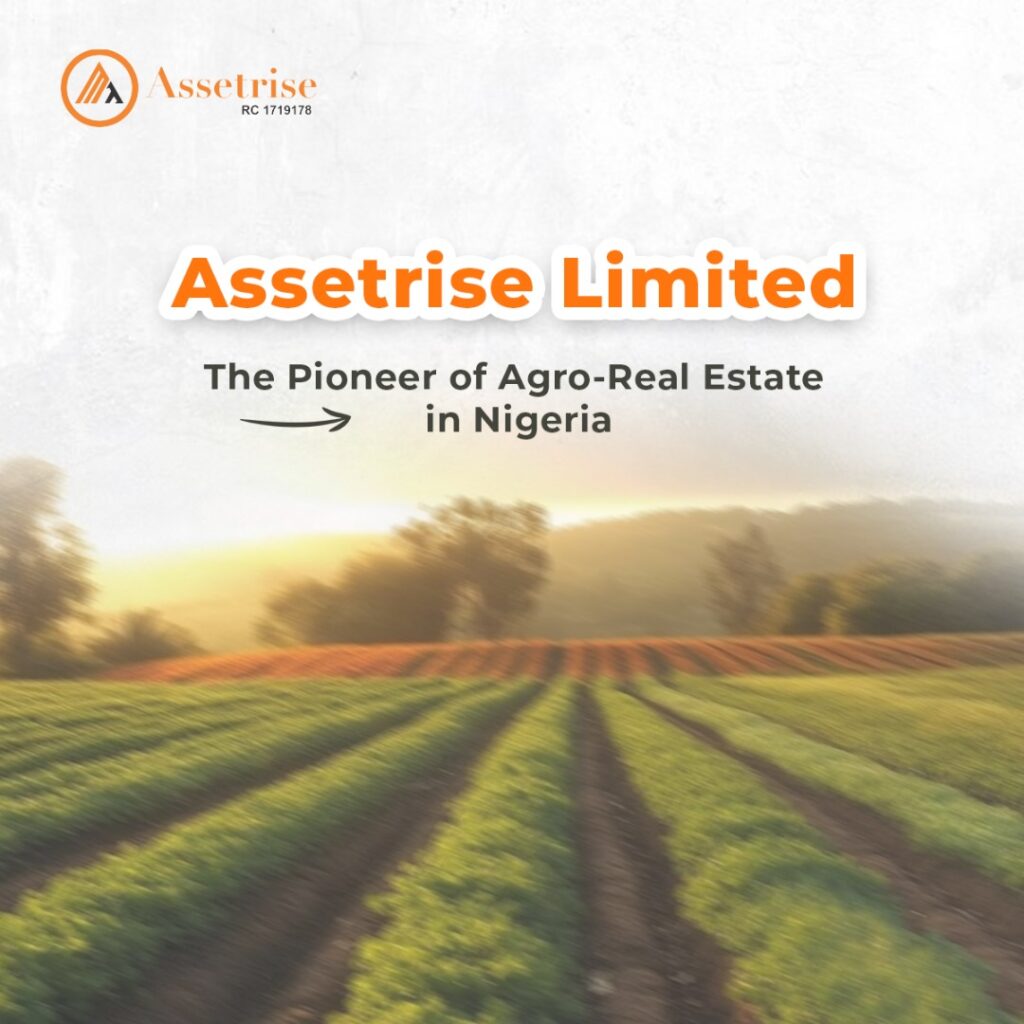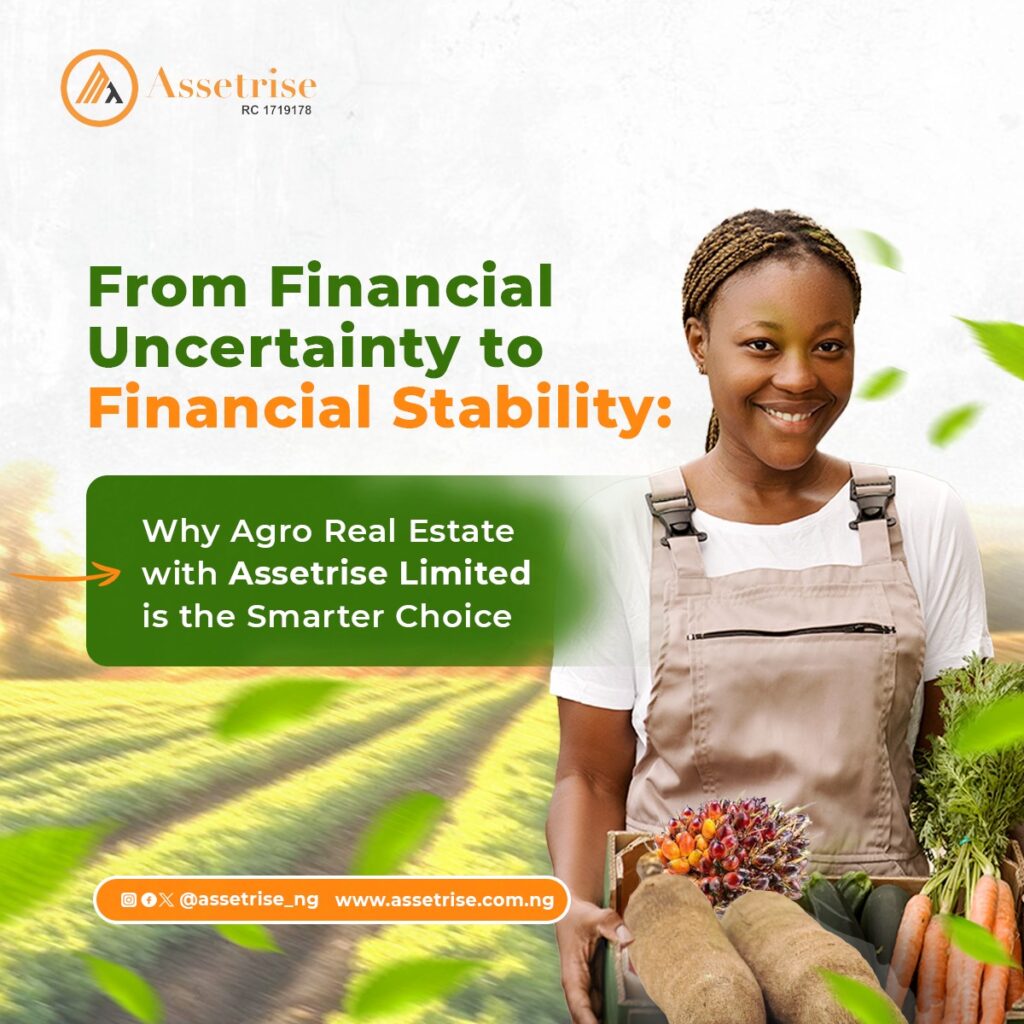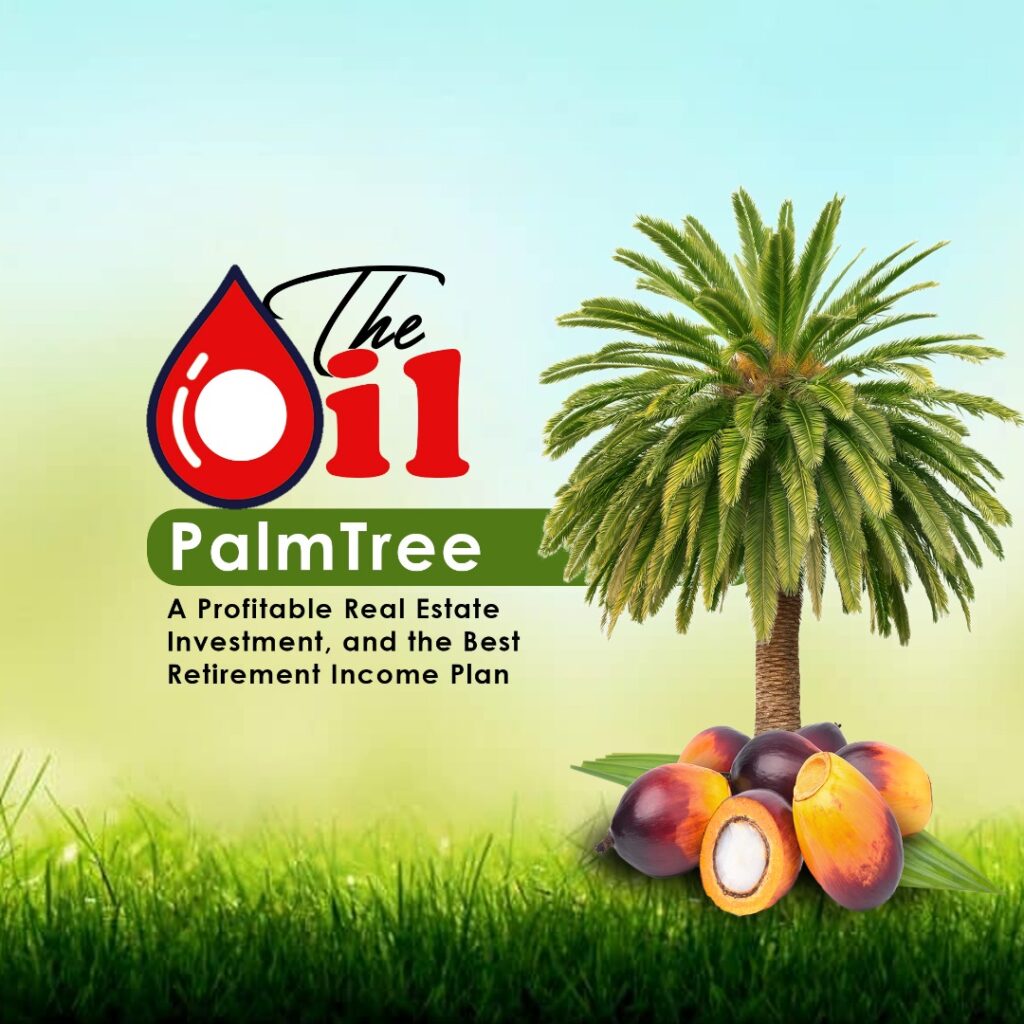When you hear “Africa,” what comes to mind?
Struggle? Survival? Aid?
If so, you’re holding onto a story that’s quickly becoming history. Today, a new Africa is emerging- bold, enterprising, and unapologetically ambitious.
An Africa fueled not by handouts, but by ownership, innovation, and the quiet build-up of generational wealth.
Across the continent, the shift is undeniable. Capital is no longer flowing in as charity; it’s coming as smart, strategic investments – into land, infrastructure, technology, agribusiness, and cultural assets. According to the African Development Bank, several regions in Africa are now poised to outpace global economic growth.
Here’s the kicker:
Compared to the rest of the world, Africa’s most valuable assets are still massively underpriced.
- 60% of the world’s uncultivated arable land is in Africa. Yet, many African nations still spend billions on food imports.
- Over 70% of the continent’s population is under 35, representing the most youthful and energetic workforce globally.
- Urbanization is exploding. By 2050, Africa will have over 1.5 billion city dwellers, demanding infrastructure, homes, energy, and services.
- And yet, only 10% of Africans have formal access to wealth-building investments like land or commercial agriculture.
This is not just a crisis; it’s a massive opportunity. That means right now, not tomorrow, not “someday”, is the rare moment to step in, own a piece of the future, and build wealth that lasts.
Africa’s Asset Classes: Emerging Opportunities
- Agriculture: The Silent Billion-Dollar Sector
Let’s start with the obvious: Agriculture.
It contributes over 23% of Sub-Saharan Africa’s GDP, but it’s still largely subsistence-based. The untapped value here lies in commercializing agriculture and intersecting it with land ownership, a model called Agro real estate.
Palmrich Estate, by Assetrise Limited, is one of the continent’s most promising Agro real estate innovations. Spread across 4,000+ hectares in Lagos, Ogun, and Oyo States, Nigeria, Palmrich Estate integrates real estate with agriculture through oil palm plantation, and the result is a stream of passive income and generational wealth.
Here’s what sets Palmrich apart:
- Investors purchase plots of land, each registered and titled.
- These plots are cultivated with oil palm trees, one of Africa’s most valuable crops.
- Within 3-4 years, the palms begin to yield, and investors start receiving annual returns for up to 30 years.
- The land itself appreciates, offering double-digit ROI both from crops and capital gains.
Palm oil demand in Nigeria alone exceeds one (1) million metric tons, yet supply barely scratches the surface. The local gap? Over 650,000 metric tons annually.
The Eko Yams Project, also by Assetrise Ltd, has cultivated over 5 million tubers of yams in Lagos alone, using a community-based, investor-powered model that supports food security and income generation simultaneously.
Here’s how Eko Yams flips the narrative:
- Investors lease plots of land, which are cultivated and managed by experienced agronomists.
- Yams mature within 6-9 months, offering a faster return cycle than tree crops.
- Investors earn profits at harvest, and some even choose to reinvest or diversify into processing.
But there’s more: the project empowers local farmers, creates jobs, and contributes directly to reducing Nigeria’s food import bill (which sits at over ₦1.9 trillion annually).
The best part? Agriculture is a timeless need. As populations grow and food demand surges, farmland-backed investments will only become more valuable, making agro real estate one of Africa’s most resilient and rewarding asset classes.
- Real Estate Development
Urbanization in Africa is accelerating at a historic pace. According to the United Nations, the continent’s urban population is expected to triple by 2050, with more than 1.5 billion Africans living in cities. Already, over 50% of Nigeria’s population resides in urban areas, and cities like Lagos, Nairobi, Accra, and Kigali are evolving into megacities with growing middle classes and dynamic economies.
This rapid urban growth is driving an insatiable demand for:
- Affordable housing (Africa needs an estimated 160 million new housing units by 2050, with Nigeria alone facing a deficit of over 22 million units)
- Commercial real estate (shopping malls, office spaces, co-working hubs)
- Industrial parks and logistics zones to serve intra-African and global trade
- Smart cities and green infrastructure are designed to accommodate digital, eco-conscious populations
Unlike saturated Western markets, African real estate remains a growth frontier. Moreover, the rise of PropTech (property technology) is democratizing access. Through digital platforms, blockchain-based land registries, and fractional ownership models, even retail investors and members of the diaspora can now co-own land or property, receive rent yields, and track asset performance in real time, without needing millions in capital or physical presence.
Real estate in Africa is no longer just about construction. It’s becoming a technologically enabled, wealth-generating ecosystem, one that rewards early movers who recognize the continent’s trajectory toward urban, digitized, and investment-ready cities.
- Renewable Energy Infrastructure
Africa is blessed with natural abundance: endless sun, vast winds, and powerful rivers.
Yet over 600 million Africans still lack access to reliable electricity, a massive gap that spells an even bigger opportunity.
The clean energy transition offers massive returns for asset-backed investment in solar farms, hydropower, and off-grid solutions.
From South Africa’s REIPPPP (Renewable Energy Independent Power Producer Procurement Programme) to Nigeria’s solar mini-grids and Kenya’s geothermal power, green infrastructure is not just an ESG checkbox; it’s a profitable, long-term asset class. And as the world races toward net-zero goals, Africa’s renewable assets will only grow in strategic importance and market value.
- Tech and Innovation Ecosystems
Africa’s biggest resource isn’t just its minerals or land, it’s its youth. With a median age of 19.5 years, Africa’s young, tech-savvy population is driving a digital revolution.
Fintech, Agritech, Healthtech, and Edtech startups are already attracting billions in venture capital.
But the next frontier isn’t just Apps, it’s infrastructure: Data centers to power the cloud economy, AI research labs to drive homegrown innovation, E-commerce logistics platforms to serve a rising consumer class, and Digital payments infrastructure connecting millions of previously unbanked individuals.
Investing in Africa’s tech ecosystems is no longer just about high-risk startups. It’s about building the invisible highways; the critical digital infrastructure that the new economy runs on.
As Africa leapfrogs into the future, those who build and back its digital foundations will own the networks, platforms, and systems that define the next global era.
- Logistics and Supply Chain Infrastructure
As trade within Africa expands, especially with the rise of the African Continental Free Trade Area (AfCFTA), the need for efficient logistics, warehousing, and transport networks is exploding.
Investments in:
- Cold storage facilities (to preserve food and pharma products)
- Distribution hubs (especially for e-commerce)
- Rail, road, and port upgrades are becoming critical.
The logistics gap is so large that solving it could create billions of dollars annually in intra-African trade. Investors who bet on logistics infrastructure today are positioning themselves at the very backbone of Africa’s future economy.
- Cultural Assets and the Creative Economy
Africa’s culture, its music, art, fashion, film, and sports, is fast becoming a major export.
The rise of Afrobeats, Nollywood, African fashion houses, and digital art is creating intellectual property (IP) assets that are growing exponentially in value.
Investments in:
- Music rights and royalties
- Film production and distribution
- Art galleries and NFT marketplaces offer exposure to one of the fastest-growing segments of the African economy.
Africa’s creative economy is gaining momentum, with institutions like the African Development Bank investing heavily in its growth. Through initiatives such as the $618 million iDICE program in Nigeria, the AfDB aims to support over 200 creative and tech startups and generate up to $6.4 billion in economic value. Meanwhile, Afreximbank is scaling its support for the industry, pledging $2 billion toward creative infrastructure across the continent. These figures underscore a powerful trend: Africa’s creative sector is not just culturally rich; it’s becoming a major engine of economic transformation.
Why Asset Investment Equals Wealth Creation
Let’s break it down. Asset investment creates wealth because it:
- Generates Passive Income – You’re not trading time for money.
- Appreciates Over Time – Land doesn’t depreciate; it grows in value.
- Protects Against Inflation – Unlike cash, tangible assets hold value.
- Creates Legacy – Assets can be transferred, leased, or sold, building intergenerational wealth.
And most importantly, it shifts power. Instead of being consumers of imported goods or tenants in our cities, Africans can become owners, producers, and investors.
Challenges? Yes. But They’re Not Deal Breakers.
Of course, asset investment isn’t a magic wand. There are hurdles such as Insecure land titles in some regions, Limited access to finance, Bureaucratic red tape, and Infrastructure gaps.
But innovative firms like Assetrise Limited are solving these challenges by: Providing legal title documentation, partnering with banks for low-entry financing, managing farms professionally to reduce investor risk, and working with governments to develop agro corridors and smart cities.
New models of crowd-investing, diaspora co-ownership, cooperative farming, and ESG-compliant real estate are creating access to asset ownership for the average African and forward-thinking investor.
Africa Is Not Just Rising, It’s Building Wealth
The future of wealth in Africa will not be determined by imports or aid. It will be shaped by how boldly we invest in what is ours – our land, our people, our innovations.
As the continent grows, so does the urgency to move from being consumers to custodians of capital. Asset investment, in all its forms, is not just a financial strategy. It is an act of economic liberation.
So the question isn’t whether Africa holds the potential for wealth creation.
The real question is:
Are you ready to grow with it?
Because the next decade belongs to those who sow early, think long, and build boldly.






